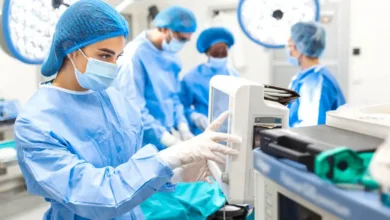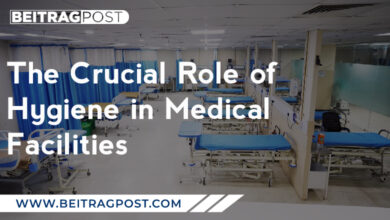How can you find the right treatment and support for depression

There is no ambiguity. Millions of individuals worldwide suffer from the extremely complex mental health disorder of depression. While the experience of depression can be debilitating, it is essential to consider effective treatments are available. In this article, we’ll study some of the extensively across-the-board and scientifically proven procedures for treating depression. Understanding the various possibilities, from counseling to medicine and lifestyle modifications, can give hope and advice to people looking for respite from this difficult circumstance.
Psychotherapy treatment:
Depression is successfully treated by talk therapy, sometimes known as psychotherapy. This therapy provides insightful and effective methods for comprehending and dealing with the complexity of depression. These therapeutic techniques seek to recognize and alter harmful thought patterns, provide coping mechanisms, strengthen interpersonal connections, and increase emotional well-being in general. Individuals can analyze their feelings, understand their challenges, and develop ways to turn over new leaves of depression symptoms through routine appointments with a qualified therapist.
Medication:
Medication is always a vital part of treating mild and severe depression. Many pharmaceuticals reduce depression symptoms by restoring the balance of specific brain chemicals according to conditions recommended by doctors. The right prescription should be prescribed, its efficacy monitored, and any potential adverse effects managed by a trained healthcare expert.
Brain Stimulation Therapies:
Brain stimulation therapy may be an alternative to conventional treatments and drugs in some circumstances. To cause a transient attack, regulated electrical currents are sent into the brain during electroconvulsive therapy (ECT), useful for treating some forms of depression. Magnetic fields stimulate specific brain regions linked to mood regulation during transcranial magnetic stimulation (TMS). These treatments have demonstrated encouraging benefits in alleviating treatment-resistant depression and are normally provided under the supervision of qualified doctors.
Lifestyle Changes:
Some lifestyle modifications can considerably help manage depression when combined with treatment and medication. Everyday physical activity has been shown to make a better mood by elevating endorphin levels and fostering general well-being. A good diet, regular exercise, utilizing stress-reduction methods like mindfulness or meditation, and getting enough sleep can all positively affect mood and general mental health.
Support Networks:
Creating a solid support system can be extremely helpful while treating depression. Friends, relatives, or support groups can provide comprehension, sympathy, and useful assistance. Connecting with people who keep going through similar struggles can give one a sense of community and lessen emotions of loneliness. Also, peer-led programs, hotlines, and online communities can bring 24/7 assistance to those in need.
Conclusion:
It’s hard to Deal with depression, but there is hope with the help of care and assistance, people can find solace and feel better again. An individual’s condition can be fulfilled with a comprehensive treatment plan that combines evidence-based strategies like psychotherapy, medication, brain stimulation therapies, lifestyle modifications, and a powerful support system.
It is important to speak with medical experts who can direct and oversee the therapeutic process, ensuring the best interventions are implemented. Remember that there is hope for recovery, and with the correct tools and assistance, people can find their way to recovery and newfound vigor. At Rehab Helper Netherlands, we provide expert advice on alcoholverslaving and other related mental health issues. Our bespoke rehab cape town facility offers specialized care and support.




